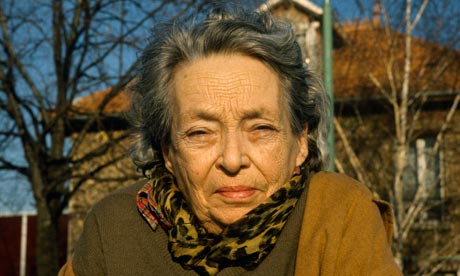This morning, the Independent ran a book list, ‘13 books everyone should read‘. It popped up on my Twitter feed when someone I follow (a white male) tweeted it with the words, ’13/13 men, 13/13 white. Seriously?’ Clicking the link led to the discovery that the list was voted for by reddit users. My only surprise on discovering this was that House of Leaves wasn’t one of the books on the list.
What isn’t a surprise though is that yet another book list is all-male and all-white. It happens a lot in the media. Last year I got into a debate on Twitter as to whether those writers who selected 10 books related to whichever subject their latest work is on for The Guardian should be given guidelines stating/advising/suggesting they consider a diverse list. Someone (a white male) argued that because they were personal choices they should be allowed to reflect that person’s taste. A point that would be perfectly valid if structural inequality didn’t exist and the majority of people writing these lists weren’t white. At that time, Sarah Jasmon, author of The Summer of Secrets, counteracted the largely male, all-white, list of Top Ten Summers in Fiction.
I’ve long been riled by this situation: when I used to include lists in In the Media, I spent a disproportionate amount of time checking whether the lists were gender balanced. Most were not. Include the balance of white to brown writers and there would’ve been barely any lists left. Every time one appears, I think I should counteract it with an all-female list of writers of a variety of skin tones and today I’m riled enough that I’m doing just that.

Welcome to the first in a series! Here’s my take on 13 Books Everyone Should Read. I’m aware there’s many more I could’ve chosen so please, leave your suggestions in the comments. I’m hoping this will become an series of excellent crowdsourced book recommendations. Then, maybe, the media might just have a word with itself and compile lists reflective of the actual world rather than its own narrow one.
Citizen – Claudia Rankine
To the Lighthouse – Virginia Woolf
The Bluest Eye – Toni Morrison
Wuthering Heights – Emily Bronté
Americanah – Chimimanda Ngozi Adichie
The Handmaid’s Tale – Margaret Atwood
Human Acts – Han Kang (translated by Deborah Smith)
The Bloody Chamber – Angela Carter
Quicksand and Passing – Nella Larsen
Geek Love – Katherine Dunn
Push – Sapphire
I Love Dick – Chris Kraus
Trumpet – Jackie Kay
(Links are to my reviews.)

















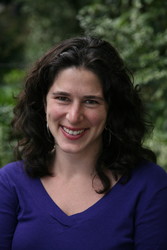

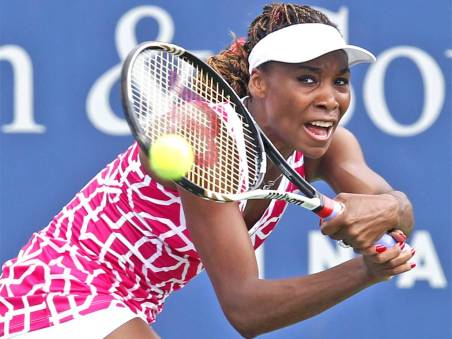





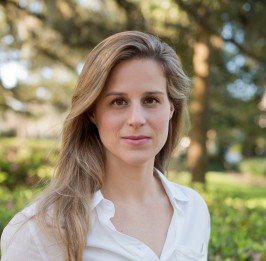


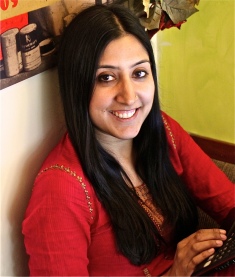


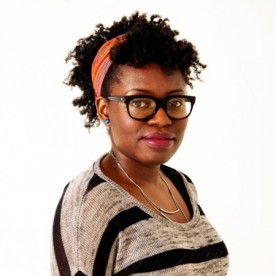
![FullSizeRender[3]](https://thewritesofwoman.files.wordpress.com/2015/12/fullsizerender3.jpg?w=143&h=202)

![FullSizeRender[2]](https://thewritesofwoman.files.wordpress.com/2015/12/fullsizerender21-e1451496678778.jpg?w=130&h=196)
![FullSizeRender[1]](https://thewritesofwoman.files.wordpress.com/2015/12/fullsizerender1.jpg?w=584&h=227)

![FullSizeRender[4]](https://thewritesofwoman.files.wordpress.com/2015/12/fullsizerender4.jpg?w=300&h=236)


 Two excellent UK prizes – the
Two excellent UK prizes – the 














 Photo by Wayne Thomas
Photo by Wayne Thomas